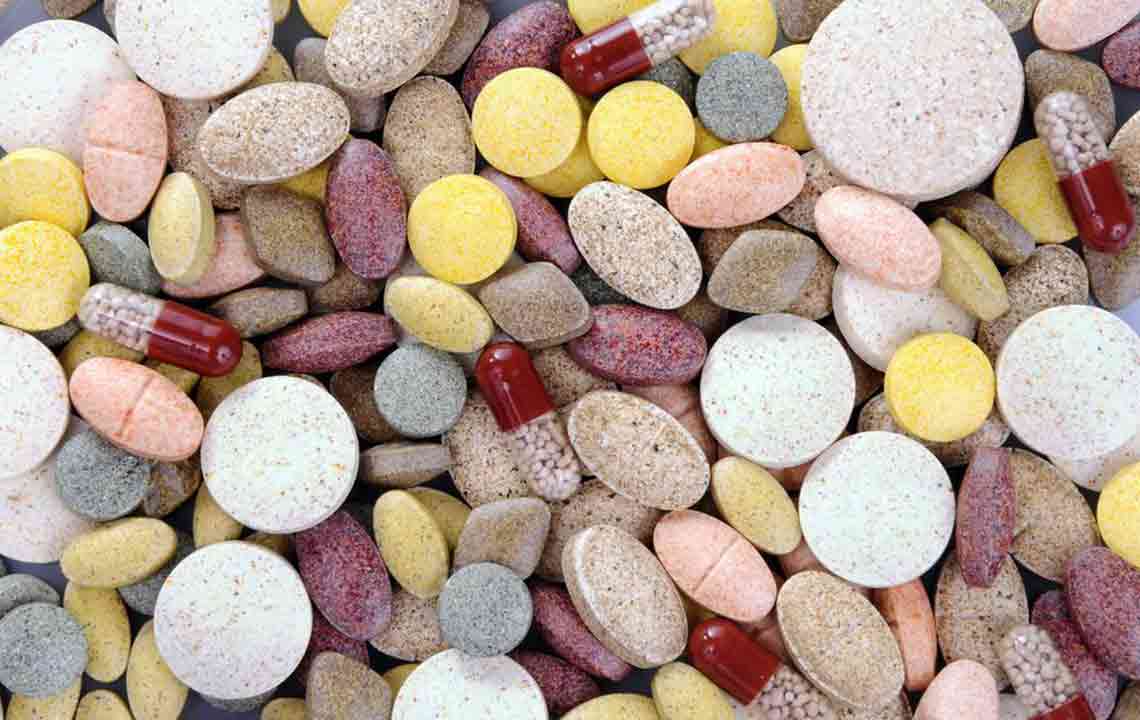Everything you Need to Know About the Side Effects of Probiotics
Probiotics refer to the “beneficial” bacteria in our gut. Our digestive tract has billions of beneficial bacteria living in it. Like fingerprints, every individual has a unique bacterial ecosystem living in their body!
These beneficial bacteria help you digest food and absorb nutrients efficiently. In reality, it is the bacteria that digest many components of food and not us.
As a matter of fact, our body has both good and bad bacteria. Maintaining a good balance between the two is the key to good health. Factors such as genetics, age, and diet may have an influence on the composition of the microbiota in the body.
An imbalance in the microbiota can cause dysbiosis, which is a condition caused by a microbial imbalance in the body. This can further lead to irritable bowel syndrome, celiac diseases, intestinal tract diseases, and other diseases related to the intestine. Sometimes, it may also cause obesity, Type 1 and Type 2 diabetes, and Crohn’s disease.
A healthy digestive system is essential for all of us, and that is where probiotics come into the picture. Probiotics can be consumed in the form of beverages, diet supplements, and certain foods. They can be found in foods such as buttermilk, sauerkraut, yogurt, kimchi, kombucha, and kefir. They help prevent and treat certain diseases. However, you will also need to be aware of probiotics side effects.
Side effects of taking probiotics
The side effects that occur from taking probiotics are usually mild and temporary. It is important to note that if side effects occur, it means that the good bacteria are working. Some common side effects are
- bloating
- belching
- rashes
- diarrhea
- gas
- cramps and
- acne.
However, ensure that these side effects do not last for more than 14 days. If they last longer, consult a doctor immediately.
In most cases, probiotics side effects are mild and related to the digestive system. People suffering from underlying health issues may develop a slightly severe side; however, this needs to be treated using antibiotics.
A recent study suggests that probiotics could reduce the symptoms of diarrhea and prevent other severe gastrointestinal problems such as irritable bowel syndrome and Crohn’s disease. Thus, it is safe to say that probiotics side effects may not be that bad for your overall health.
Live bacteria in your system may sound like a dangerous plan, but probiotics generally only have mild side effects. Probiotics are not miracle drugs, and critically ill people should not have them as their sole source of treatment.
Another study suggests a high death rate among people suffering from acute pancreatitis after patients only drank a probiotic of six active cultures. What happened here is that the good bacteria were seen as invaders by the immune system that is already in a weakened state. Thus, this could be dangerous.
Other possible probiotics side effects are as follows.
Making certain diseases worse
If you’re advised to take probiotics by your doctor, that’s good, provided you are healthy. People suffering from diseases such as AIDS, Crohn’s disease, and Lyme disease may experience a deterioration in their health after using a probiotic supplement. This is because the friendly bacteria will be treated as invaders by the immune system. This, in turn, makes the patient’s condition worse.
Encouraged growth of bad bacteria
This possibility of this happening is higher in people who have consumed expired, low-quality or contaminated (pathogens, fungi) probiotic supplements. It could also aggravate any inflammations you may have.
If your gut already has unhealthy yeast, bacteria or fungi, the new “good” bacteria may not be able to do any good to your gut, instead causing the inflammation to worsen. Contamination and wrong strains of bacteria can encourage the growth of “bad” bacteria and worsen the probiotics side effects.
Generally speaking, the transition time taken by the bacteria to work on the body may vary from one individual to another. Furthermore, if you are taking medication or antibiotics that destroy the friendly bacteria, the transition may take longer. In fact, it might never happen at all. Other medications such as steroids, painkillers, antacids, analgesics, birth control pills, sleeping pills, antacids, and vaccines may interfere with the growth of the good bacteria, sometimes even killing it.
Try and avoid a few of these drugs if you wish to restore the health of your bowel flora. Discontinuing the use of probiotics may not always be a good option. You will hamper your chances of good bacteria growing in your gut, and you’ll miss the benefits of a healthy colon.
It can thus be said that probiotics should not be considered a digestive enzyme or some miracle supplement. They have one purpose: to improve your health. However, if you suffer from persistent side effects, consult your doctor immediately and seek medical intervention.



